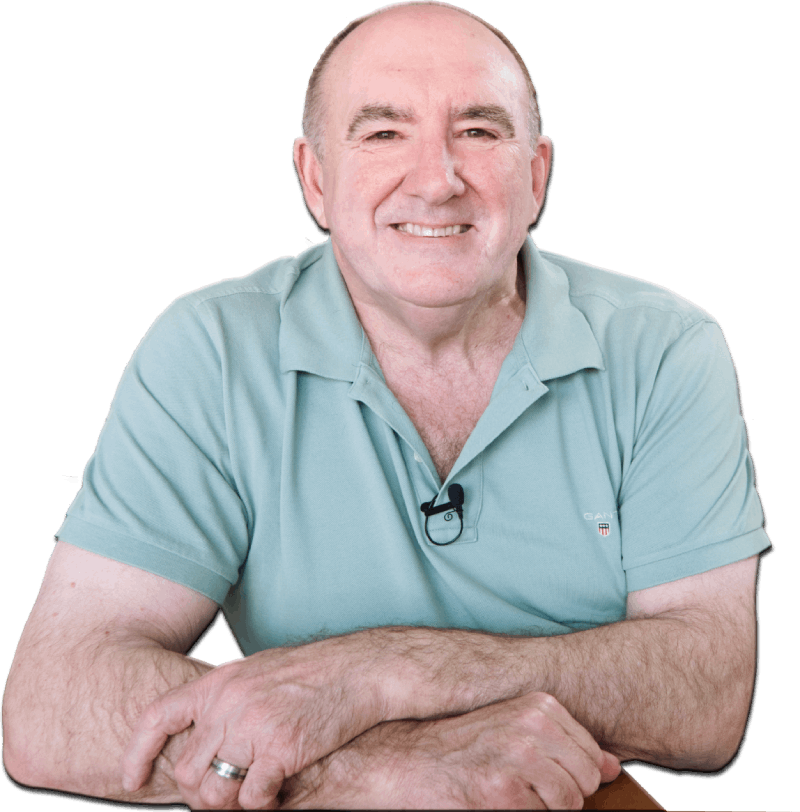LGBTIQA+ Inclusion in Criminal Law
I’ll show you how to make your criminal law firm more inclusive.

Key Outcomes
- You’ll feel more confident when dealing with LGBTIQA+ clients.
- You’ll know how to make LGBTIQA+ people feel safe, empowered and valued.
- You’ll understand common mistakes made in providing criminal law advice and services to LGBTIQA+ people – and how to avoid them
- You’ll gain greater knowledge of the language, history and culture of the LGBTIQA+ community.
- You’ll go away with tangible tips to help you be a respectful and LGBTIQA+ inclusive criminal law professional.
Prerequisite: No prerequisite for this course.
Who Should Take This Course?
➢ criminal lawyers
➢ criminal law solicitors
➢ criminal law magistrates
➢ criminal law mediators
➢ criminal law counsellors
➢ criminal law social workers
➢ criminal law paralegals
➢ criminal law secretaries
➢ criminal law reception staff
➢ criminal law admin staff
➢ criminal law accounting staff
➢ criminal law practice managers
➢ criminal law personal assistants
➢ criminal law court staff
➢ anyone in criminal law who wants to learn more about the LGBTIQA+ community
Become a LGBTIQA+ Inclusive Vendor
Let’s understand your desired learning objectives and we can tailor our course to meet them. Please book a Zoom meeting today!
Featured Reviews
Training format
Face-to-Face
-
Take the course face-to-face
-
4 x 150 min workshops
-
10-12 hours in total
-
2 half days, a week apart
-
minimum of 8 to conduct course
-
interactive, engaging
-
When completed, gain ongoing access to the course content online
-
Get access to additional scheduled online support (Q&A sessions)
-
Course fee: POA
Live via Zoom
-
Take the course live via Zoom
-
8 x 90 min workshops
-
10-12 hours in total
-
timing negotiable
-
minimum of 6 to conduct course
-
interactive, engaging
-
When completed, gain ongoing access to the course content online
-
Get access to additional scheduled online support (Q&A sessions)
-
Course fee: POA
Course Description







Are you using LGBTIQ+ inclusive language with your LGBTIQ+ clients, as well as in your workplace, events or meetings? What about on your website and in your social media posts, and the emails etc you send? Are they accessible and truly inclusive for everyone?
LGBTIQ+ awareness is crucial if you want to build a safe, inclusive space for everyone in the criminal law cases you’re involved in.
In this course, you’ll learn about some of the language, history and culture of the LGBTIQ+ community and the best ways to make LGBTIQ+ clients feel comfortable, safe and valued as they work with you.
Here’s a more detailed breakdown of what you’ll learn:
- Why you’re here – benefits, objections and outcomes of being inclusive
- Quick test – what do you know?
- Heteronormativity and criminal law
- The relationship between LGBTIQ+ people and criminal law
- Language 101 – key LGBTIQ+ terms
- The LGBTIQ+ acronym
- Pronouns – why they’re important; how to use them
- Terms to avoid using, and why
- LGBTIQ+ flags – symbolism
- ‘In the closet’ and ‘coming out’
- Where are the gay people in Victoria and what do they earn?
- How’s your gaydar?
- LGBTIQ+ stereotypes and their effect
- Those offensive little questions
- Milestones in various phases of LGBTIQ+ people’s lives
- Equality, equity and liberation – an explanation
- Legal rights of LGBTIQ+ people
- Major events in the struggle for rights – US and Australia
- The LGBTIQ+ calendar
- Let’s talk straight (or not)
- How safe is it in various situations for LGBTIQ+ people?
- Guided fantasy – walk in our shoes
- Mental health statistics of LGBTIQ+ people – implications for criminal law professionals
- What are the pressure points for your LGBTIQ+ criminal law clients?
- Sensitivities and concerns that LGBTIQ+ people may have about criminal law
- That first phone call from an LGBTIQ+ person
- Dealing with the politics of LGBTIQ+ people facing criminal law issues
- Protecting the legal rights of LGBTIQ+ people in criminal law
- What could go wrong at a non-inclusive criminal law practice?
- Impacts of your criminal law practice not being LGBTIQ+ inclusive
- Institutional barriers in criminal law for LGBTIQ+ people
- LGBTIQ+ health check of your criminal law practice
- Tangible tips to help you be an LGBTIQ+ inclusive criminal law practice
- Developing an LGBTIQ+ inclusion policy or charter
About the trainer

Bronte Price
The person who will train you is Bronte Price (he, him), a cis gay man, who is not only a qualified trainer but is also a registered marriage celebrant and is qualified to train other marriage celebrants. Bronte came out as a gay man at the age of 42, having been married to a woman and having had four sons. He lives with his husband, Clint, and their rescue kelpie, Bingo.
It’s Bronte’s lived experience as both a straight man and a gay man that informs this LGBTIQA+ inclusion course. He understands the pressures on people who know they are LGBTIQA+ but can’t come out for a range of reasons; he’s experienced the stigma of being labelled ‘homosexual’ when to be so was a criminal offence; as a gay man, he’s faced harassment and discrimination from family members and in the workplace; and he continues to work with LGBTIQA+ people who struggle with not being able to be their authentic selves.
He’s on a mission to provide people who work in criminal law with greater understanding of LGBTIQA+ people and their community. As a former senior public servant, Bronte understands how to treat people with respect. He knows how to create safe spaces for LGBTIQA+ people seeking criminal law advice and for those who undertake his LGBTIQA+ Inclusion Training.

